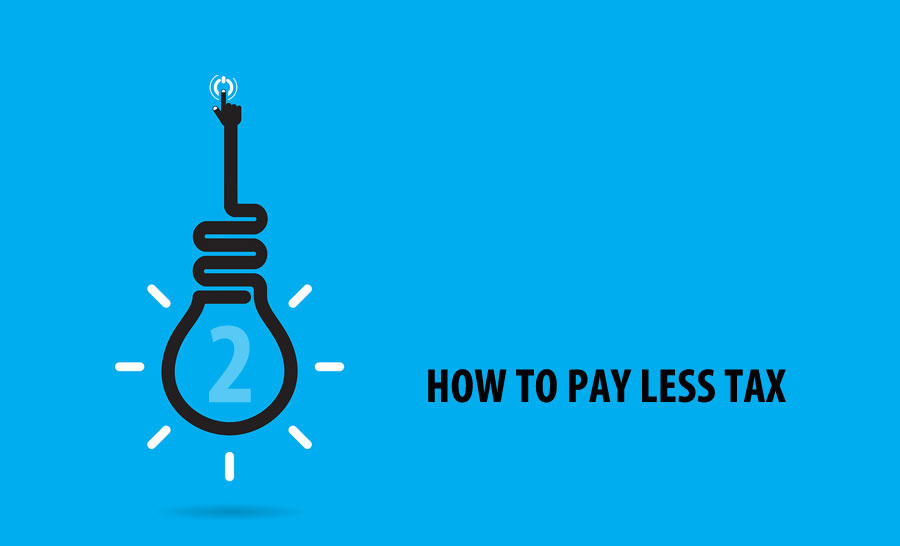How Can I Reduce My High Income Tax?
Understanding High Income Tax
When you earn a substantial income, it often comes with a higher tax liability. High-income earners often find themselves searching for ways to reduce their tax burden legally and ethically. While paying taxes is a civic duty, there are strategies and techniques available to help you optimize your tax situation. In this article, we’ll explore various methods to reduce your high income tax while staying within the bounds of the law.
1. Utilize Tax-Advantaged Retirement Accounts
One of the most effective ways to reduce your high income tax is to take advantage of tax-advantaged retirement accounts such as 401(k)s and IRAs. Contributions made to these accounts are often tax-deductible, lowering your taxable income. Additionally, the earnings within these accounts can grow tax-deferred until you withdraw them during retirement, potentially reducing your tax liability in the long run.

How can I reduce my high income tax?
2. Invest in Tax-Efficient Funds
Investing in tax-efficient funds can be another smart move. These funds are designed to minimize taxable distributions, helping you keep more of your investment gains. Look for index funds or exchange-traded funds (ETFs) that have a history of low turnover and tax efficiency.
3. Take Advantage of Tax Credits
Tax credits can be a powerful tool to reduce your income tax. Research and take advantage of credits that you qualify for, such as the Child Tax Credit, Earned Income Tax Credit, or education-related credits. These credits can directly reduce your tax liability dollar for dollar.
4. Optimize Your Deductions
Itemizing deductions can be beneficial for high-income individuals. Consider deducting mortgage interest, property taxes, and charitable contributions. Keep detailed records of your expenses and work with a tax professional to ensure you’re claiming all the deductions you’re entitled to. Find technique to reduce tax here.
5. Invest in Tax-Deferred Annuities
Tax-deferred annuities can be another valuable tool in reducing your income tax. These financial products allow you to invest a lump sum and defer taxes on the earnings until you start withdrawing the funds. They can be particularly useful if you’re looking for additional ways to save for retirement while minimizing current tax liability.
6. Explore Tax-Loss Harvesting
Tax-loss harvesting involves strategically selling investments that have declined in value to offset gains in other investments. By doing so, you can reduce your overall taxable income. It’s essential to understand the tax rules and work with a financial advisor to implement this strategy effectively.
7. Consider Tax-Efficient Charitable Giving
If you’re a philanthropic individual, consider making tax-efficient charitable contributions. Donating appreciated assets, such as stocks or real estate, can provide you with a deduction for the fair market value of the asset while avoiding capital gains taxes.
8. Invest in Municipal Bonds
Municipal bonds, also known as munis, can be an attractive investment option for high-income individuals seeking to reduce their tax liability. The interest income from municipal bonds is typically exempt from federal income tax, and in some cases, it may be exempt from state and local taxes as well.
9. Consult with a Tax Professional
Navigating the complexities of high-income tax planning can be challenging. It’s wise to consult with a tax professional or financial advisor who specializes in tax strategies for high-income individuals. They can provide personalized guidance and help you optimize your financial situation.

Conclusion
Reducing your high income tax is possible through a combination of smart financial planning, strategic investments, and utilizing available tax benefits. It’s essential to stay informed about tax laws and regulations, as they can change over time. By taking advantage of tax-advantaged accounts, optimizing deductions, and exploring various tax-efficient strategies, you can minimize your tax burden while ensuring compliance with the law. Remember, the key is to plan ahead and make informed decisions that align with your financial goals and objectives.

